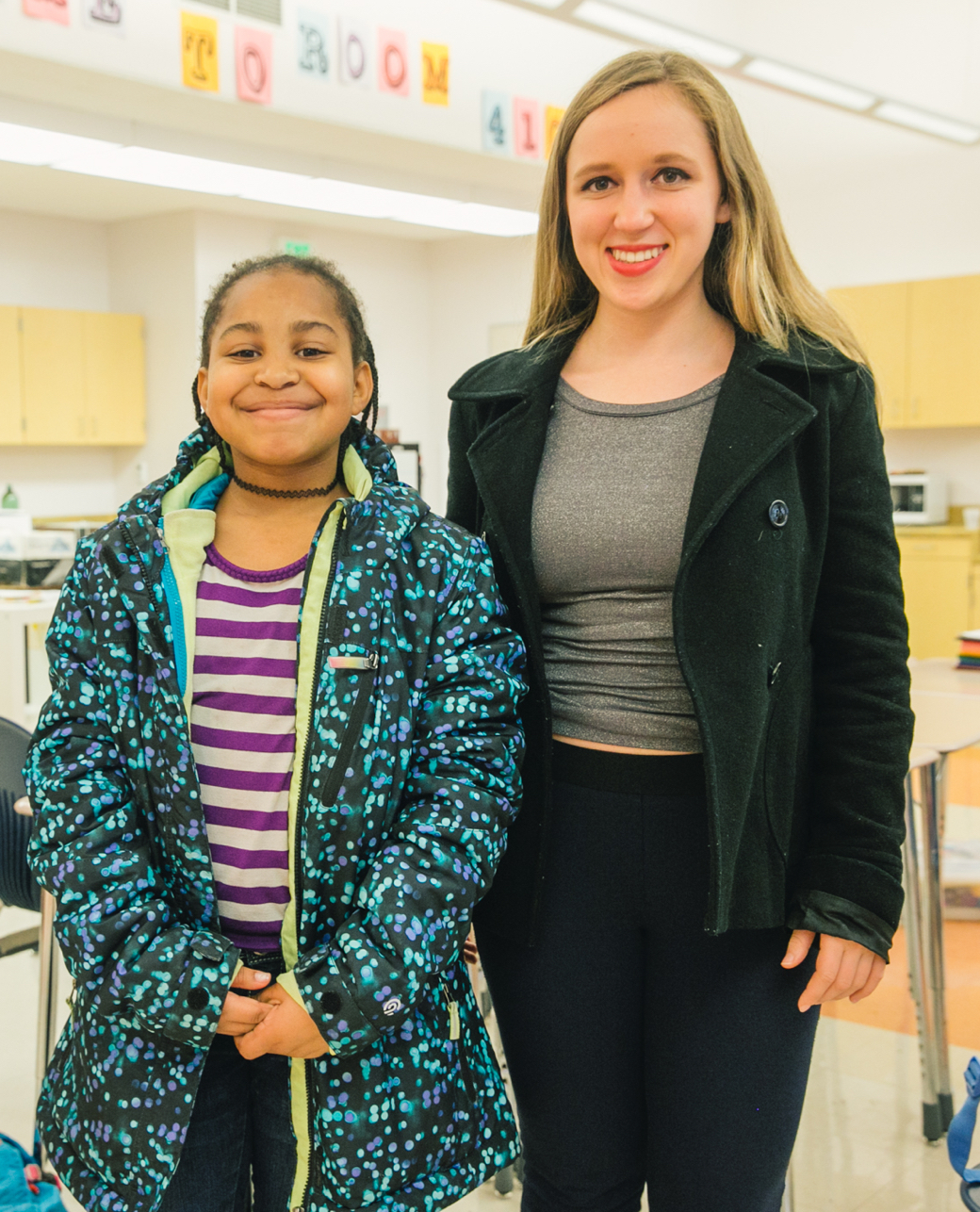Article
Denied & Rejected: Students with Dyslexia Deserve Better
Last week I happened to watch a brilliant 60 Minutes interview with George Church, a Harvard University geneticist who was diagnosed with dyslexia as a child. I was thrilled to learn about someone with dyslexia whose work in genetics is groundbreaking. By sharing his struggle with dyslexia alongside his achievements as a geneticist, Church reminded the world that dyslexia has nothing to do with intelligence. Church acknowledged that school had been a struggle due to educators not knowing how to support him, but now he is living his dream directing transformational research at Harvard Medical School. He is currently working on gene therapy to reverse aging while leading over a hundred scientists in a lab that holds more than fifty patents. Church’s breakthroughs may very well be because of his dyslexic brain!
Watching this interview and learning more about this man’s journey was inspiring. However, a few days later I came across an article published in Education Week, and I was reminded of the powerful negative stigma surrounding dyslexia that still exists. Richard Allington is a prominent literacy expert, a professor emeritus at the University of Tennessee, Knoxville, and an outspoken dyslexia-denier. He was a featured speaker at the Literacy Association of Tennessee’s fall conference, where he announced that he’s “reasonably sure” dyslexia doesn’t exist. He went on to attack recently passed state legislation that provides dyslexic students with targeted interventions. “If only [Tennessee Governor Bill Haslam] had called me,” Allington said to a room full of educators. “I would have said, ‘Just veto it and shoot whoever made this bill.’” I’m not sure what was more upsetting, that Allington was speaking to the very people who determine what kind of help kids get, or that his language was violent and dehumanizing. Regardless, his statements are simply counterfactual.
Research based on fMRI studies reveals structural differences in the brains of people with dyslexia (see Disruption of Functional Networks in Dyslexia: A Whole-Brain, Data-Driven Analysis of Connectivity, 2014, and How Children Learn to Read, 2015). These differences can cause challenges when learning to read but provide opportunities for creative thinking and innovation (see An eye for the unusual: creative thinking in dyslexics, 1999). Numerous studies further show that a student’s environment predicts whether a person with dyslexia will succeed or fail in school and life (see The School’s Role in Creating Successful and Unsuccessful Dyslexics, 2016 orImpact of mentoring on socio‐emotional and mental health outcomes of youth with learning disabilities and attention‐deficit hyperactivity disorder, 2019). Right now, in America, nearly twenty percent of students with learning disabilities (LD), such as dyslexia, drop out of high school-nearly three times the rate of all students (6.5 percent). Without early and effective interventions, a staggering number of them end up in the criminal justice system (The State of LD, 2017). These are the same targeted interventions Allington wants to do away with, and they are the difference for these at-risk students. Instead of spending time in prison, many of them go to college. We’ve seen that with the right environment, an effective individualized education program (IEP), and social-emotional skill development, a struggling dyslexic student can transform into an achiever (Impact of mentoring on socio‐emotional and mental health outcomes of youth with learning disabilities and attention‐deficit hyperactivity disorder, 2019). Imagine how much society would benefit if more students with learning disabilities were armed with appropriate IEPs and supported by understanding teachers, mentors, peers, and parents.
Allington’s remarks aren’t just irresponsible, they’re dangerous. Actively denying that dyslexia exists furthers the myth that students with learning disabilities are stupid or just need to try harder, and contributes to these students having unsupportive environments in and out of the classroom. Inaccurate widespread beliefs like these, therefore, contribute to higher rates of depression, low self-esteem, and suicide within this population (Internalizing correlates of dyslexia, 2009). These are outcomes that rob bright and talented students from a future of immense possibilities. Rather than tearing these students down, we need to be acknowledging their learning disabilities and providing them with the right tools to reach their fullest potential.
Because I’m a proud dyslexic and leader of a nonprofit devoted to helping students with learning disabilities succeed, I feel a responsibility to hold Allington accountable and fight for what is right. To deny the existence of dyslexia is to reject the identity and experience of an entire population of people. Now, more than ever, we as a society are inching to build a world that embraces difference and inclusivity. None of us should be comfortable with language that borders on hate speech. If you’re with me on this, please help me spread the truth. We can’t let this moment go unnoticed. The twenty percent of people who learn differently have a voice. We are here, and we deserve to be seen, heard, and valued.
Sincerely,

David Flink
Chief Empowerment Officer / Founder
Eye to Eye

Bring Eye to Eye to Your School!
Learn More
